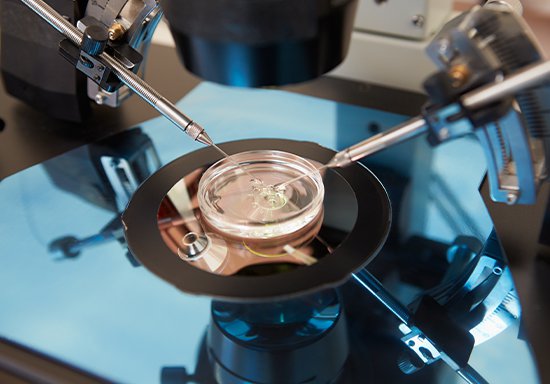Investment in early-stage companies within the fertility sector has tripled in the space of four years, according to a new report.
Venture capital funding for businesses aimed at helping those struggling to conceive is now on track to surpass $1bn (£740m) this year, Octopus Ventures estimates.
Yet funding for the sector is still below others in healthcare. Between 2016 and 2021, $2.6bn was invested into fertility start-ups, equivalent to about a third of the $7.3bn that was invested in telemedicine in the same period.
“The fertility landscape is undergoing a rapid transformation,” said Will Gibbs, principal and health investor at Octopus Ventures. His team’s investments include embryology start-up Overture Life, which develops medical devices.
“Over the next decade, we can expect to see very positive changes in terms of the effectiveness and cost of treatment, how we pay for it, and the way we talk about it,” he said.
“All of this should ultimately mean that lots more people are able to access the vital support they need. It’s clear that start-ups are playing an important role in driving this innovation forward, which is reflected in the big jump in venture capital funding.”
Read More
Hertility home fertility hormone test review: Is it worth the money?
According to NHS figures, around one in seven couples will have difficulty conceiving. But Octopus said that despite huge demand for services, the sector has been relatively slow to innovate.
Much of the capital put behind ferility start-ups so far has also focused on late-stage interventions such as IVF and egg-freezing, the report said, rather than pre-clinical and at-home treatments that could be used earlier in the conception process.
Dr Pooja Sikka, a partner and health investor at Octopus who is also a practising GP, said: “Fertility issues are an incredibly common anxiety, but it’s still a problem that feels embarrassing to talk about, which means people avoid seeking help until much later in the process, when their chances of conceiving are even further reduced.
“That’s where I think there is a real opportunity for new digital platforms. If we can get people thinking properly about their fertility when they’re younger and give them the information to make smart decisions, it could have a huge impact.”
Uptake of new technologies, including robotics and data analytics, could help improve success rates, the report argues.
The team of investors also expects to see more investment in the next few years going towards addressing some of the root causes of infertility – such as male infertility, tubal disorders, and endometreosis.
Credit: Source link


Comments are closed.